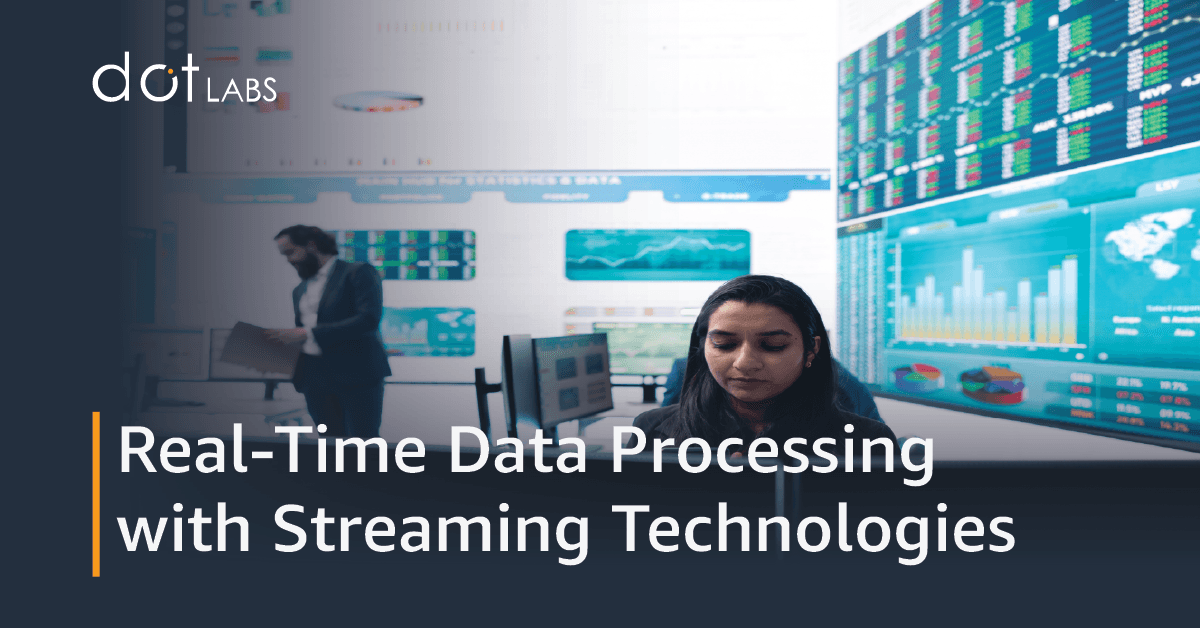Artificial intelligence (AI) and machine learning are revolutionizing the healthcare industry. With the ability to analyze vast amounts of data and identify patterns that might not be visible to the human eye, these technologies have the potential to improve patient outcomes, increase efficiency, and reduce costs.
One company at the forefront of this revolution is Dot Labs, an IT services outsourcing firm with expertise in artificial intelligence and machine learning. Dot Labs is helping healthcare organizations harness the power of AI and ML to improve diagnostics, drug discovery, patient care, and healthcare operations.
Diagnosis:
One of the most promising applications of AI and ML in healthcare is in the field of diagnostics. With the ability to analyze medical images and detect anomalies, AI algorithms can help doctors make more accurate and timely diagnoses. For example, machine learning algorithms have been used to analyze mammograms and identify breast cancer with a higher degree of accuracy than traditional methods. Dot Labs has developed custom AI solutions for healthcare organizations that enable faster and more accurate image analysis.
Drug Discovery:
Another area where AI and machine learning are making a significant impact is in drug discovery. With the ability to analyze large amounts of genomic and molecular data, these technologies can help identify new drug targets and design more effective drugs. For example, machine learning algorithms have been used to analyze the molecular structure of drugs and predict their efficacy in treating specific diseases. Dot Labs has developed custom machine learning algorithms for healthcare organizations that enable faster and more accurate drug discovery.
Patient Care:
In addition to diagnostics and drug discovery, AI and machine learning are also being used to improve patient care. With the ability to analyze electronic health records and other patient data, these technologies can help doctors identify patients who are at risk for certain diseases or complications and develop personalized treatment plans. For example, machine learning algorithms have been used to predict which patients are at risk for sepsis and intervene before the condition becomes life-threatening. Dot Labs has developed custom AI solutions for healthcare organizations that enable more personalized patient care.
Efficiency of Healthcare Operations and Analysis:
AI and machine learning are also being used to improve the efficiency of healthcare operations. With the ability to analyze data on patient flow, resource utilization, and other factors, these technologies can help healthcare providers optimize their operations and reduce costs. For example, machine learning algorithms have been used to predict patient demand for hospital beds and adjust staffing levels accordingly. Dot Labs has developed custom machine learning algorithms for healthcare organizations that enable more efficient healthcare operations.
Challenges:
Despite the promise of AI and machine learning in healthcare, there are also challenges to be addressed. One of the biggest challenges is the need for high-quality data. For AI algorithms to be effective, they need access to large amounts of high-quality data. This data must be accurate, comprehensive, and well-organized.
Another challenge is the need for regulatory frameworks to ensure the safe and responsible use of AI and machine learning in healthcare. As these technologies become more widespread, it will be important to establish clear guidelines for their use and to address issues such as data privacy and security.

Dot Labs is an IT
outsourcing firm that offers a range of services, including software
development, quality assurance, and data analytics. With a team of skilled
professionals, Dot Labs offers nearshoring services to companies in North
America, providing cost savings while ensuring effective communication and collaboration.
Dot Labs is one of the companies at the forefront of the healthcare industry's AI and machine learning revolution. With their expertise in these technologies, they are helping healthcare organizations improve patient outcomes, increase efficiency, and reduce costs.
However, to fully realize the potential of AI and machine learning in healthcare, it will be important to address challenges such as the need for high-quality data and regulatory frameworks.



